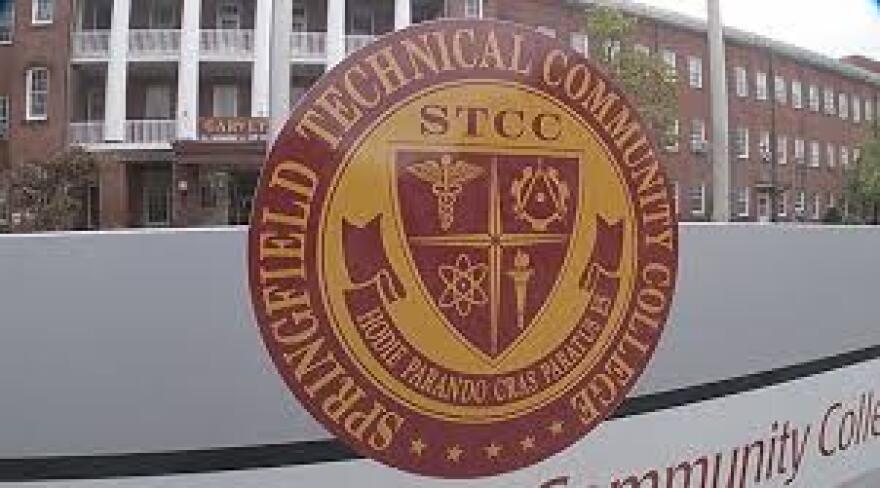By Evan Castillo
Massachusetts wants to make community college tuition-free for every state resident, regardless of the student’s family income.
On May 6, Massachusetts senators announced MassEducate, a program that would give every state resident a tuition- and fee-free education at any state community college. The proposal, included in the fiscal year 2025 budget, has yet to be approved.
MassEducate builds on MassGrant Plus, a tuition-free program for Pell Grant-eligible and middle-income college students. If the $75.5 million program is approved, MassEducate will begin in fall 2024.
Thanks to the state’s Tuition Equity Law, non-U.S. citizens and undocumented students who earned a high school diploma or equivalent can qualify for these state financial aid programs.
Today, we shift conversations about college from I wish, to I will, for thousands of students and families in Massachusetts,
state Senate President Karen E. Spilka, D-Ashland, said in a press release.
We are investing in talent that is right here at home, and opening the workforce floodgates to employers who are starved for graduates, so Massachusetts keeps the competitive edge that we pride ourselves in.
What’s the Difference Between MassEducate and MassGrant Plus Expansion?
Massachusetts’ existing financial aid program, MassGrant Plus, offers similar perks to the proposed MassEducate program, with one main difference. Under MassEducate, everyone qualifies for free community college just by being a Massachusetts resident.
MassEducate Program
- Available at all state community colleges
- Free tuition and fees for all Massachusetts residents
- Up to $1,200 stipend for books, supplies, and other expenses for students making 125% or less of the state median income
- Pell Grant-eligible students are eligible for another $1,200 stipend, totaling up to $2,400 annually.
MassGrant Plus Expansion Program
- It’s available at state community colleges, universities, and the University of Massachusetts.
- Pell Grant-eligible students will have tuition, fees, and federal expected family contribution (EFC) covered by the state.
- Pell Grant-eligible students receive a $1,200 stipend for books and supplies.
- Pell Grant-eligible students can be either part-time or full-time students.
- Middle-income students who earn between $73,000 and $100,000 will have tuition and fees reduced by up to half of their out-of-pocket expenses.
- Middle-income students must be enrolled full-time to qualify.
Other Educational Investments Included in the Proposal
The budget proposal calls for an annual tuition increase cap at community colleges, a commission to evaluate state financial assistance at state universities and the University of Massachusetts, and new policy directives to streamline student transfers between two- and four-year institutions.
Proposed investments supporting higher education in Massachusetts include:
- An $18 million investment supporting free community college nursing programs
- A $24 million investment in free community college for students over 25
- A new $10 million Student Persistence Fund to help state universities and community colleges support low-income students with transportation, childcare, food insecurity, or any barriers that may prevent them from finishing college
- An $18.3 million investment in the Supporting Urgent Community College Equity through Student Services (SUCCESS) program to allow community colleges to invest in support and services to help underserved populations
- A $105 million investment in the MassGrant Plus program

